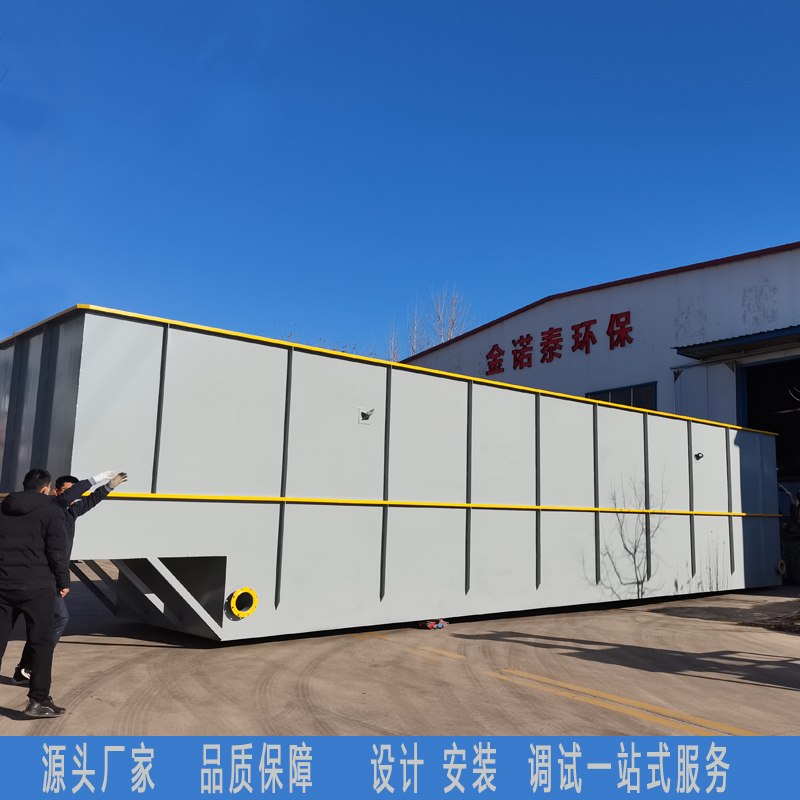Advantages of MBR membrane bioreactor in wastewater treatment

MBR membrane bioreactor has the following significant characteristics:
Firstly, membrane bioreactors have extremely high solid-liquid separation efficiency: through the use of MBR membranes, suspended solids, large particles, and other harmful pollutants in water can be efficiently removed to ensure clear and transparent water quality; Meanwhile, due to the efficient filtration effect of the membrane, the excess sludge production can be significantly reduced.
Secondly, membrane bioreactors have shown outstanding performance in wastewater treatment: the equipment has excellent treatment effects on various pollutants in high concentration wastewater, especially suitable for treating situations containing large amounts of industrial wastewater or difficult to decompose organic matter. Moreover, it can achieve stable operation while ensuring that the effluent quality is not affected.
Furthermore, the operating costs of membrane bioreactors are relatively low, mainly due to their small size, easy maintenance, and strong impact resistance, which reduces the daily operating expenses.
In addition, membrane bioreactors greatly improve the efficiency of the treatment process and further reduce the discharge of sludge due to their advantages of high load efficiency, energy conservation and environmental protection, and reduced waste generation.
Finally, membrane bioreactors can adapt to the needs of various projects of different scales: they can flexibly respond to various small-scale sewage treatment plants or newly built residential areas with a daily processing capacity between 10000 and 50000 tons, and even large-scale sewage treatment plants of different sizes and types, with wide and universal applicability.
It is worth mentioning that membrane bioreactors also help to promote the growth and reproduction of microorganisms with slow value-added, such as nitrifying bacteria, thereby enhancing the nitrification efficiency of the system to a certain extent and achieving effective improvement in water quality after the treatment process.
However, despite the many advantages of membrane bioreactors, their large investment scale, membrane lifespan, and periodic replacement may all result in increased operating costs; In addition, the contamination of membrane surfaces and the resulting difficulty in cleaning are also significant practical challenges that cannot be ignored. Therefore, when selecting suitable water treatment technologies, it is necessary to make comprehensive trade-offs based on actual needs, technical feasibility, and economic benefits, in order to achieve better treatment effects and greater benefits.

